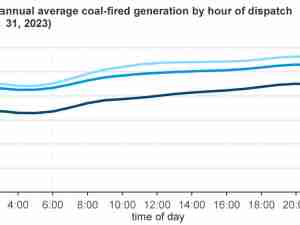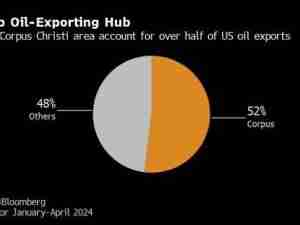Iraq Oil Stops Flowing From Kurd, Kirkuk Fields to Turkish Port
By: Anthony DiPaola | Oct 30 2017 at 06:09 AM
Crude from northern Iraq, including the semi-autonomous Kurdish region, stopped flowing through an export pipeline, a port agent said, days after Iraqi government troops captured oil fields in an area disputed with the Kurds.
Oil from the Kurdish enclave stopped arriving at Turkey’s Mediterranean port of Ceyhan at 4 a.m. local time on Monday, the port agent said in a report. Exports from the disputed Kirkuk province had halted earlier, according to the agent. Pipeline shipments from Kurdish fields alone were averaging 264,000 barrels a day before the stoppage, less than half their normal daily level of 600,000 barrels. The agent had no information about when oil would start flowing again.
The central government in Baghdad rejected a Kurdish independence referendum in September and sent troops earlier this month to capture oil-rich Kirkuk from Kurdish forces. The government had started pumping crude last week from the Avana field in Kirkuk through a pipeline operated by the Kurdistan Regional Government, in the first sign of a recovery in output from Kirkuk, a long-standing flashpoint between Arab, Kurdish and Turkmen communities.
Any increase in production from northern Iraq could put pressure on the Organization of Petroleum Exporting Countries and allied producers as they seek to rein in a global supply glut and prop up prices. Baghdad has been piggybacking its exports from Kirkuk with Kurdish shipments through a Kurd-operated pipeline to Turkey. Kirkuk holds Iraq’s oldest producing fields, while the KRG says the self-governed Kurdish region could hold 45 billion barrels of crude reserves, more than OPEC member Nigeria.









